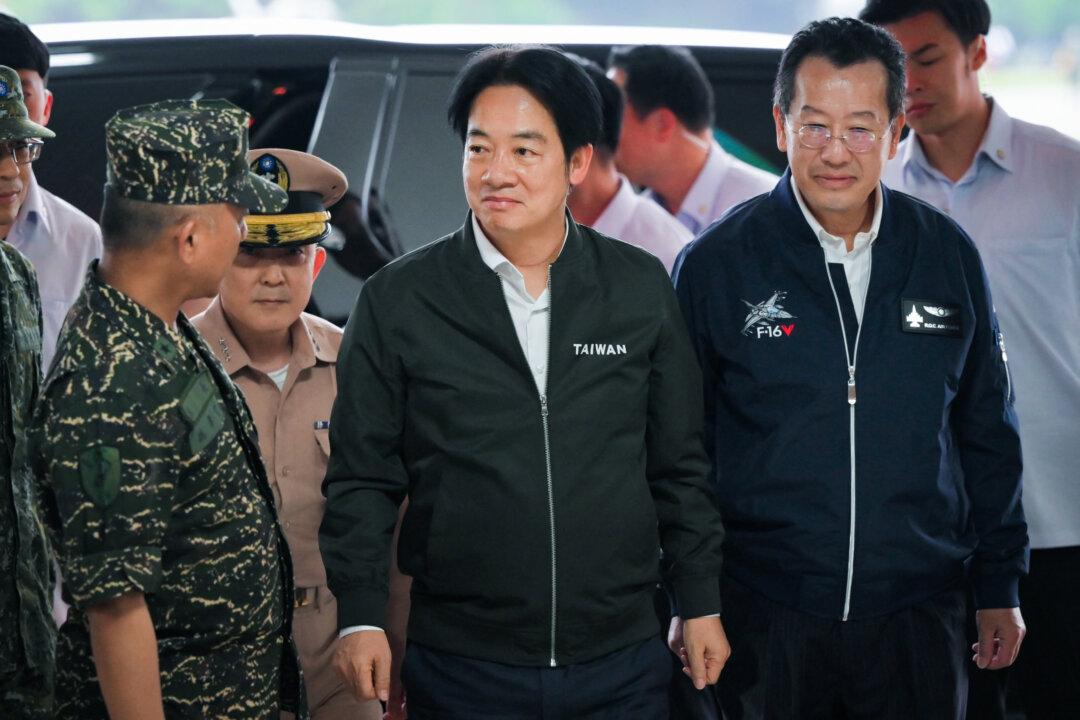Commentary
The immediate damages to trade and industry caused by a blockade of Taiwan by communist China would far outweigh the cost of deterring such a blockade, not to mention the likely U.S.–China war that would follow. Yet deterrence is a certain and upfront cost, while a war is deferred and might never happen. This tempts some to ignore the future uncertain cost to avoid the certain current cost.





